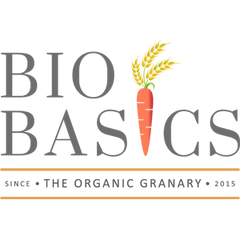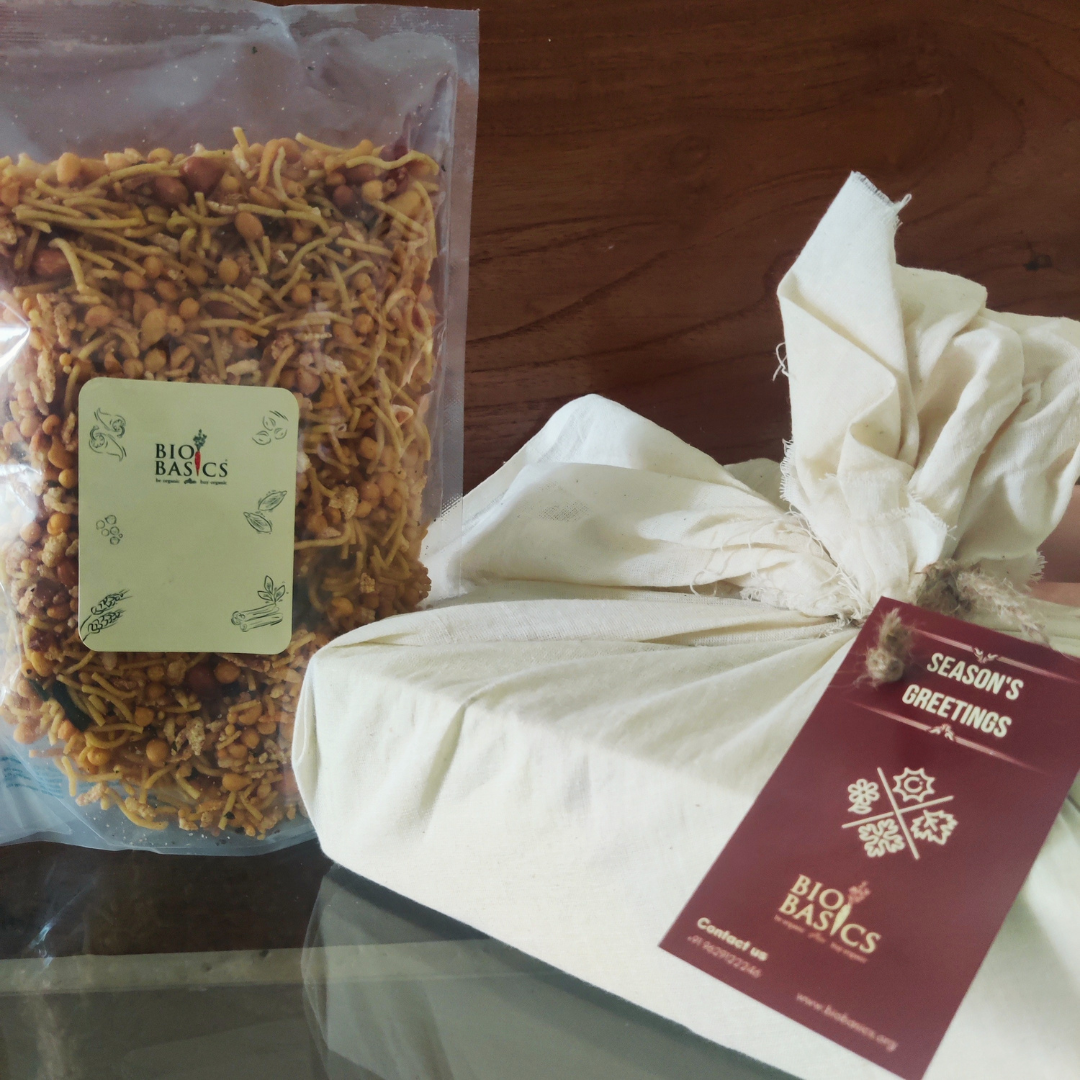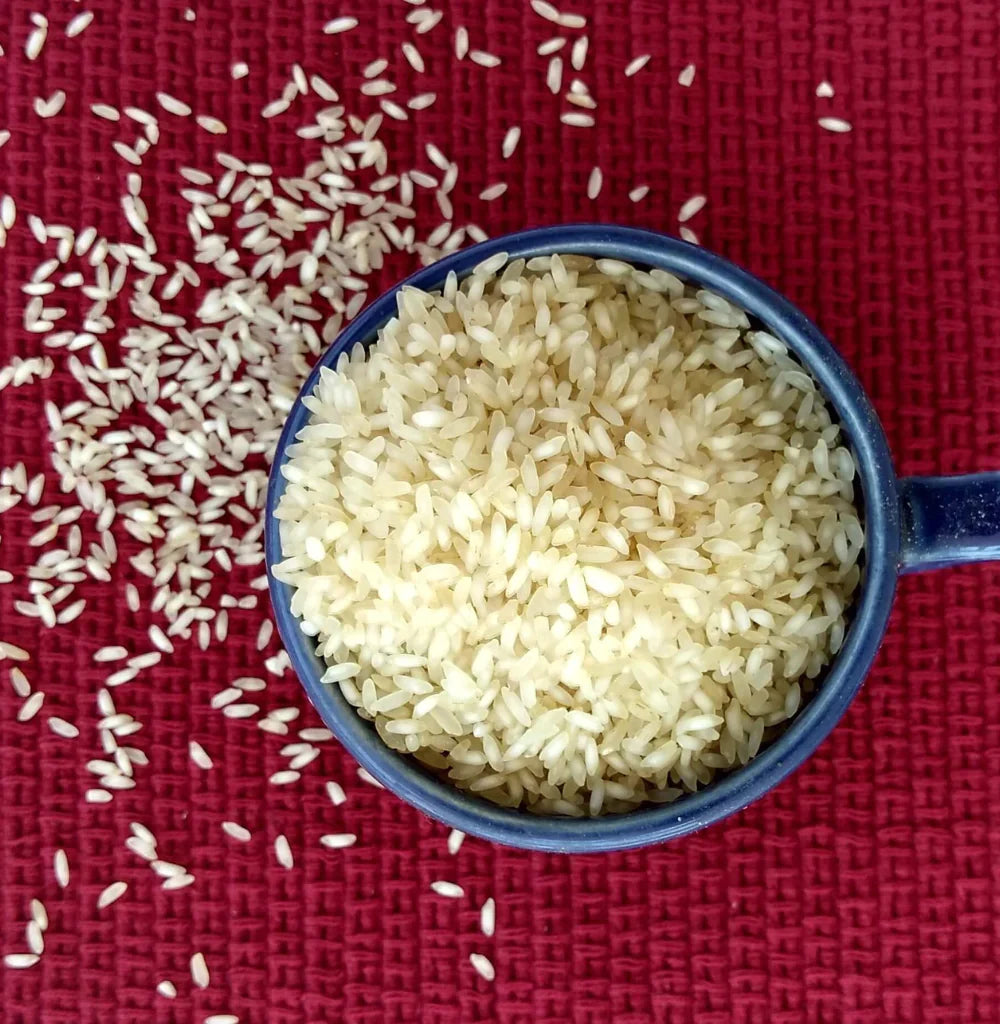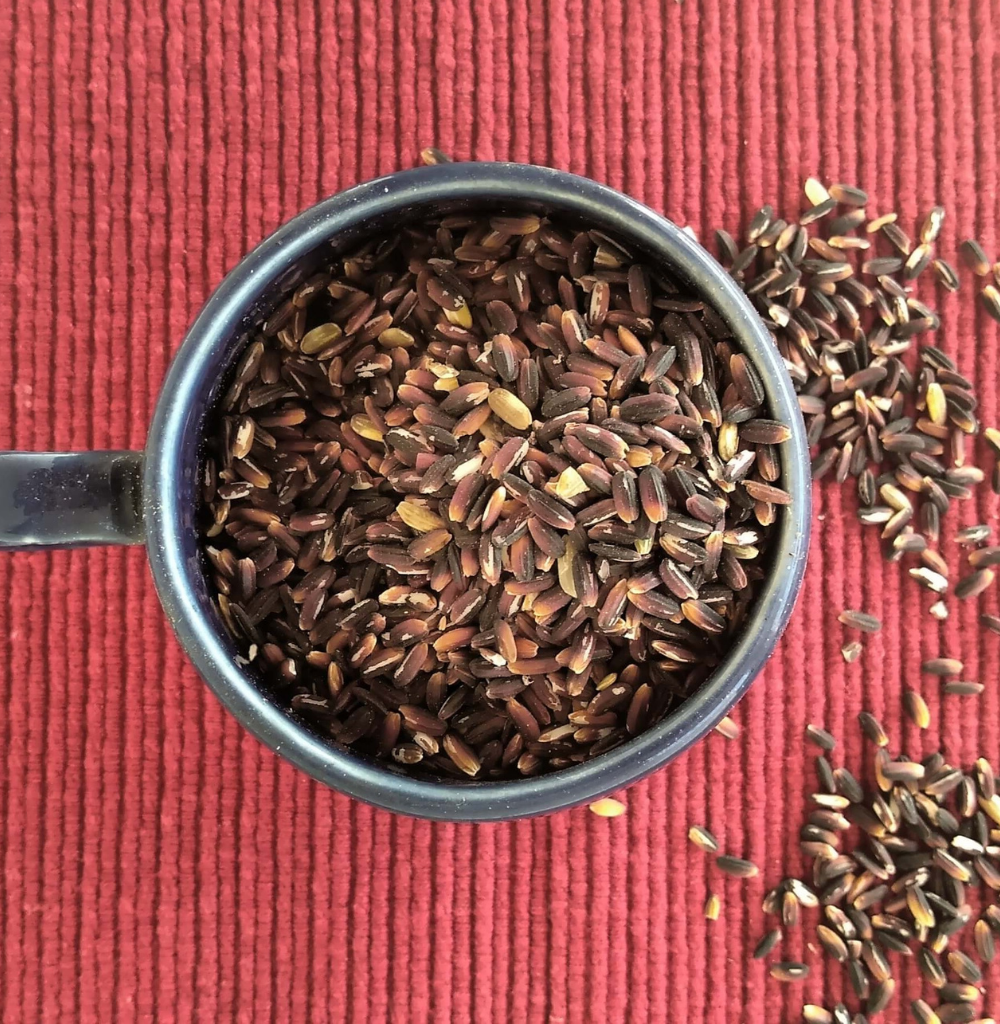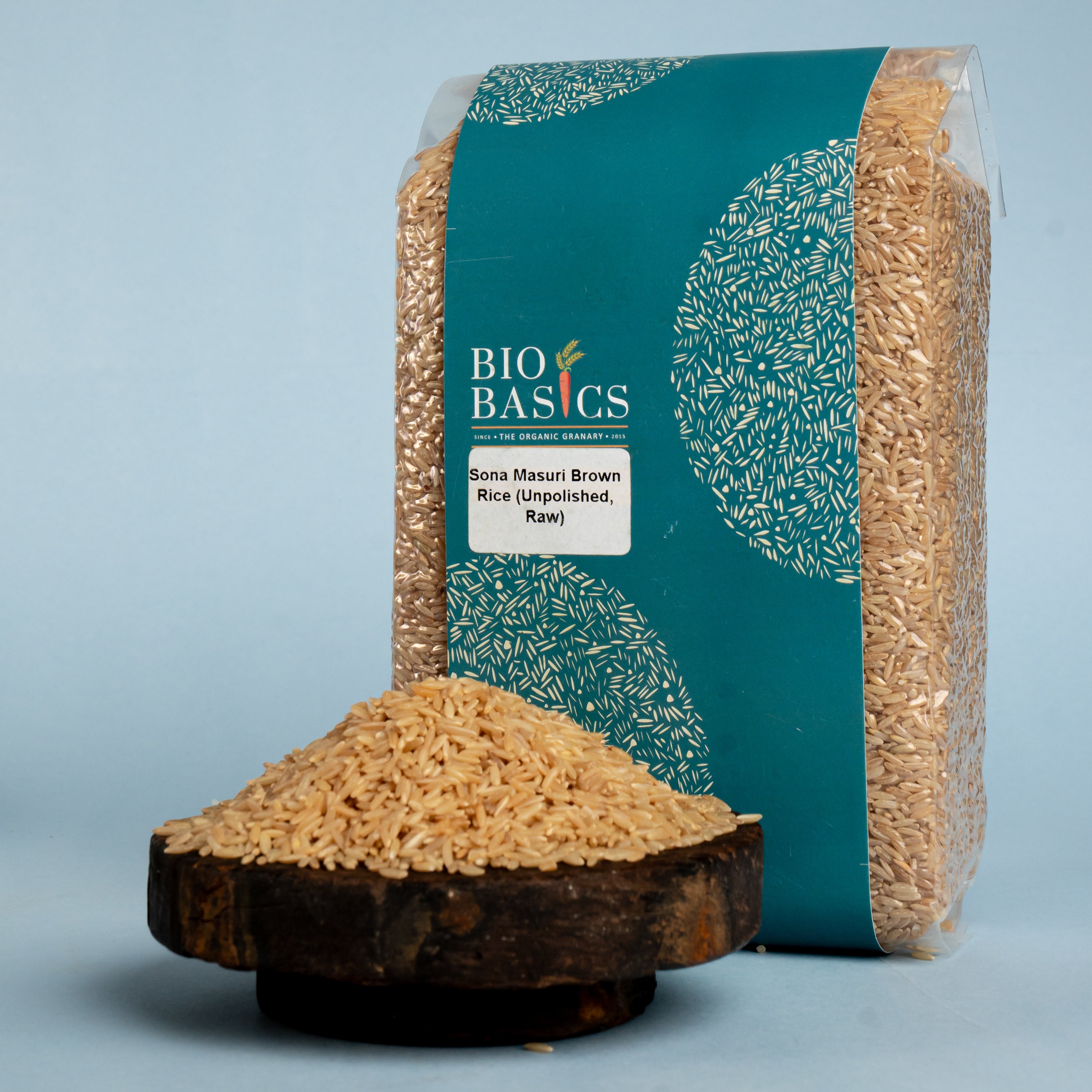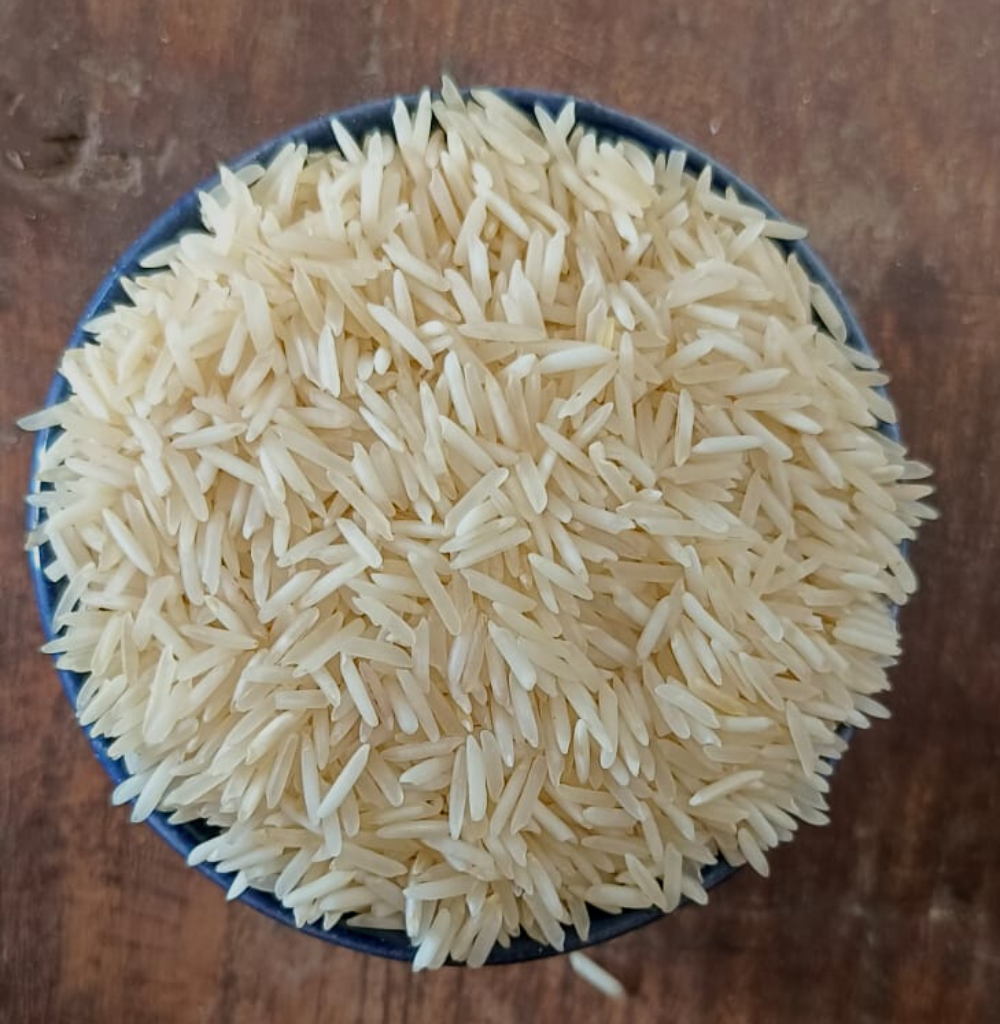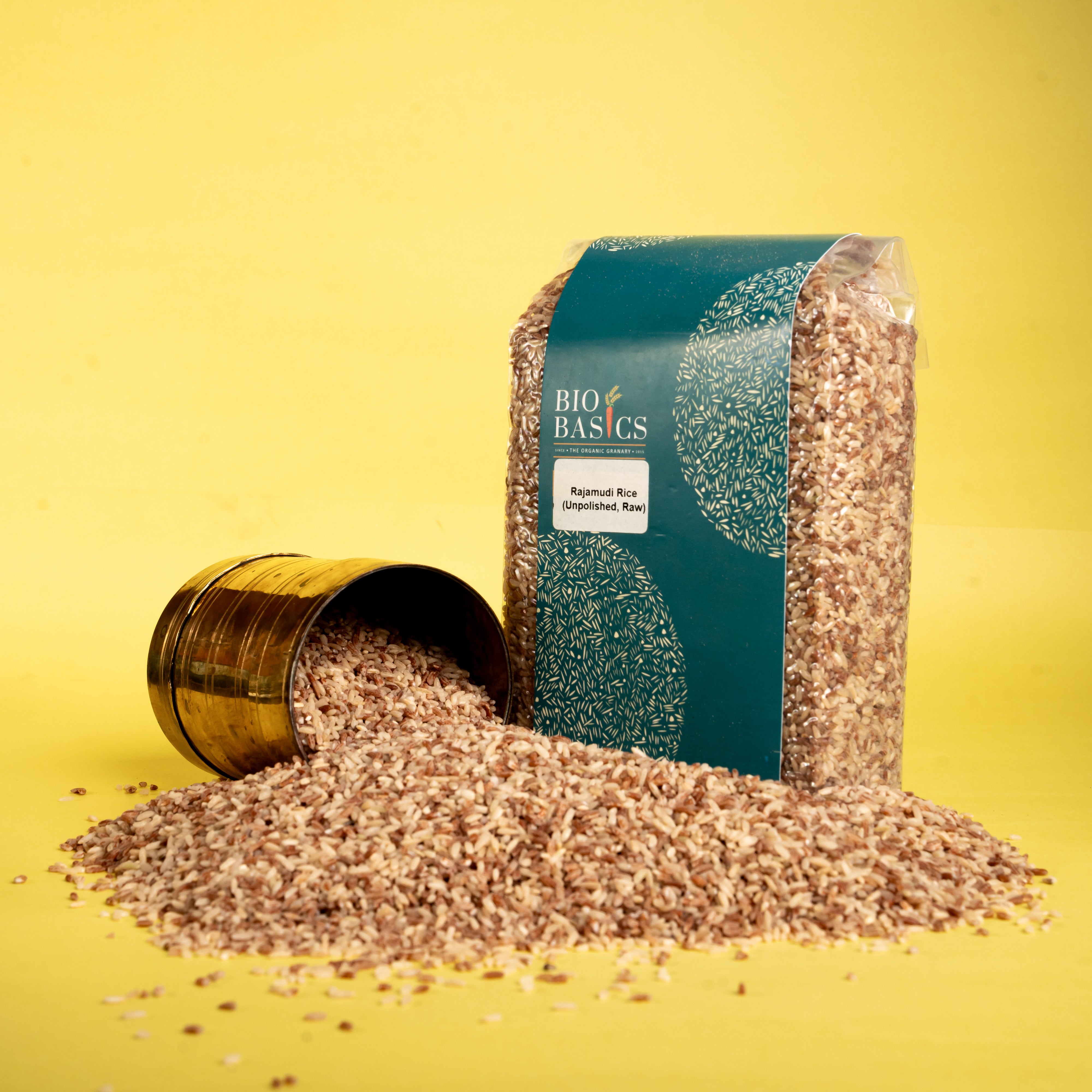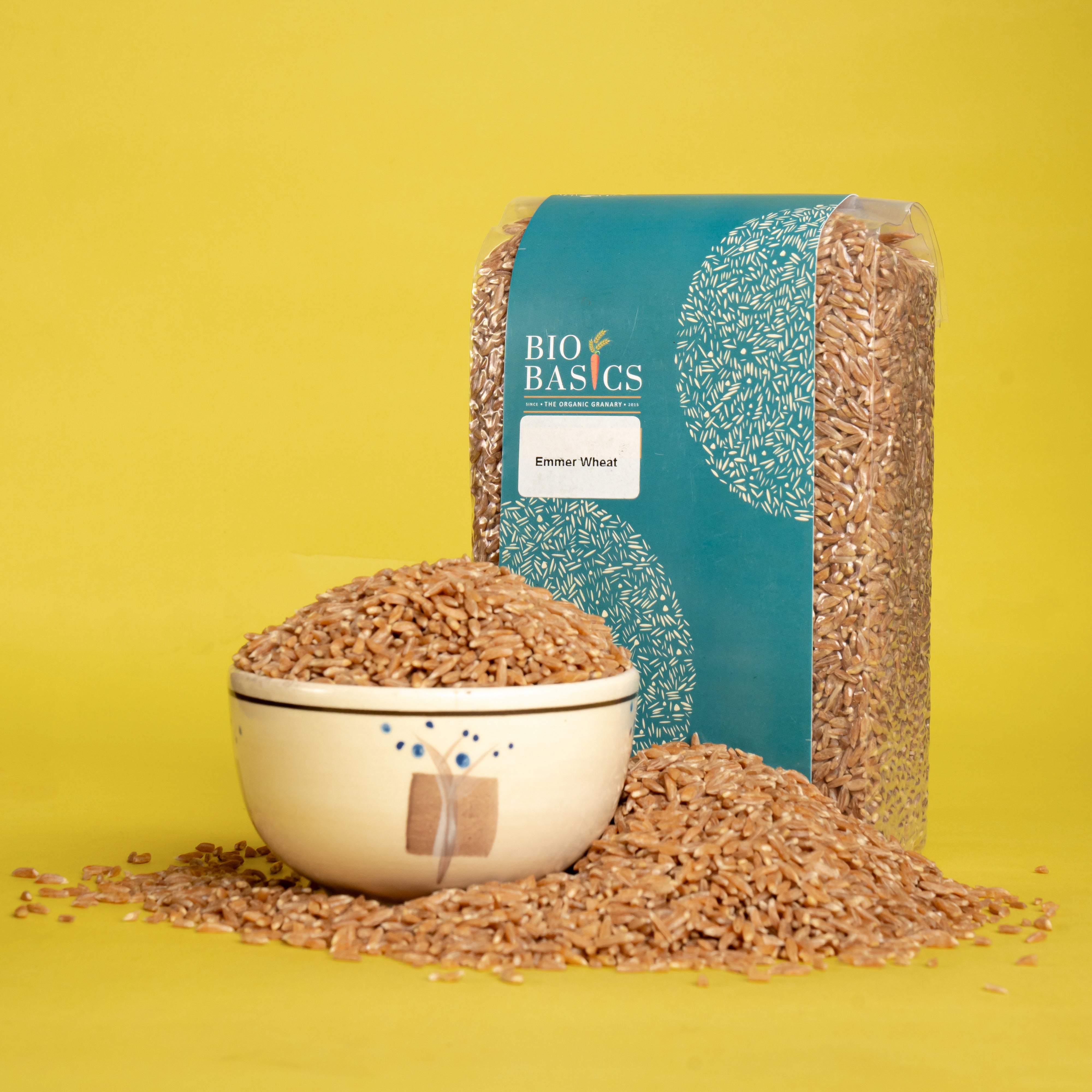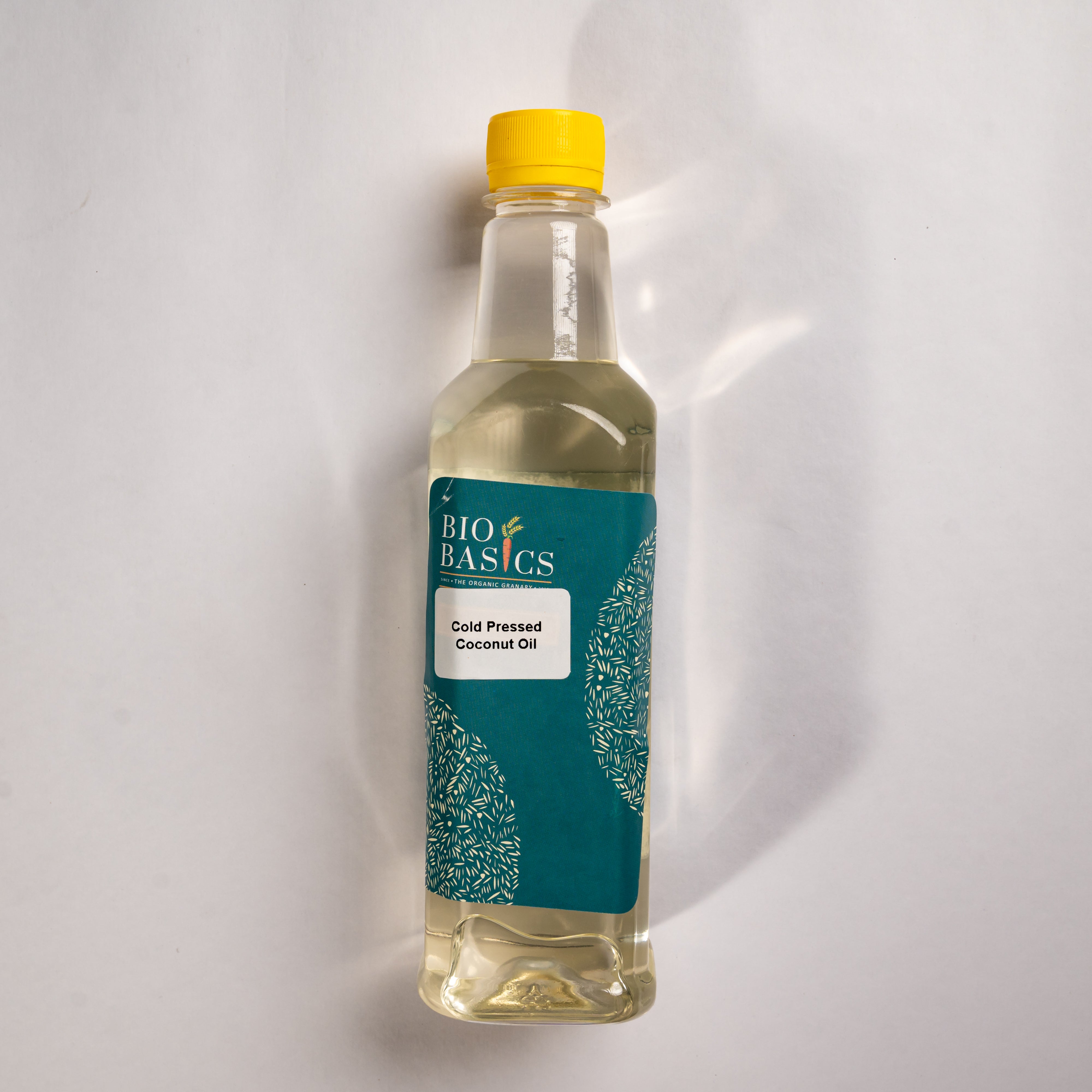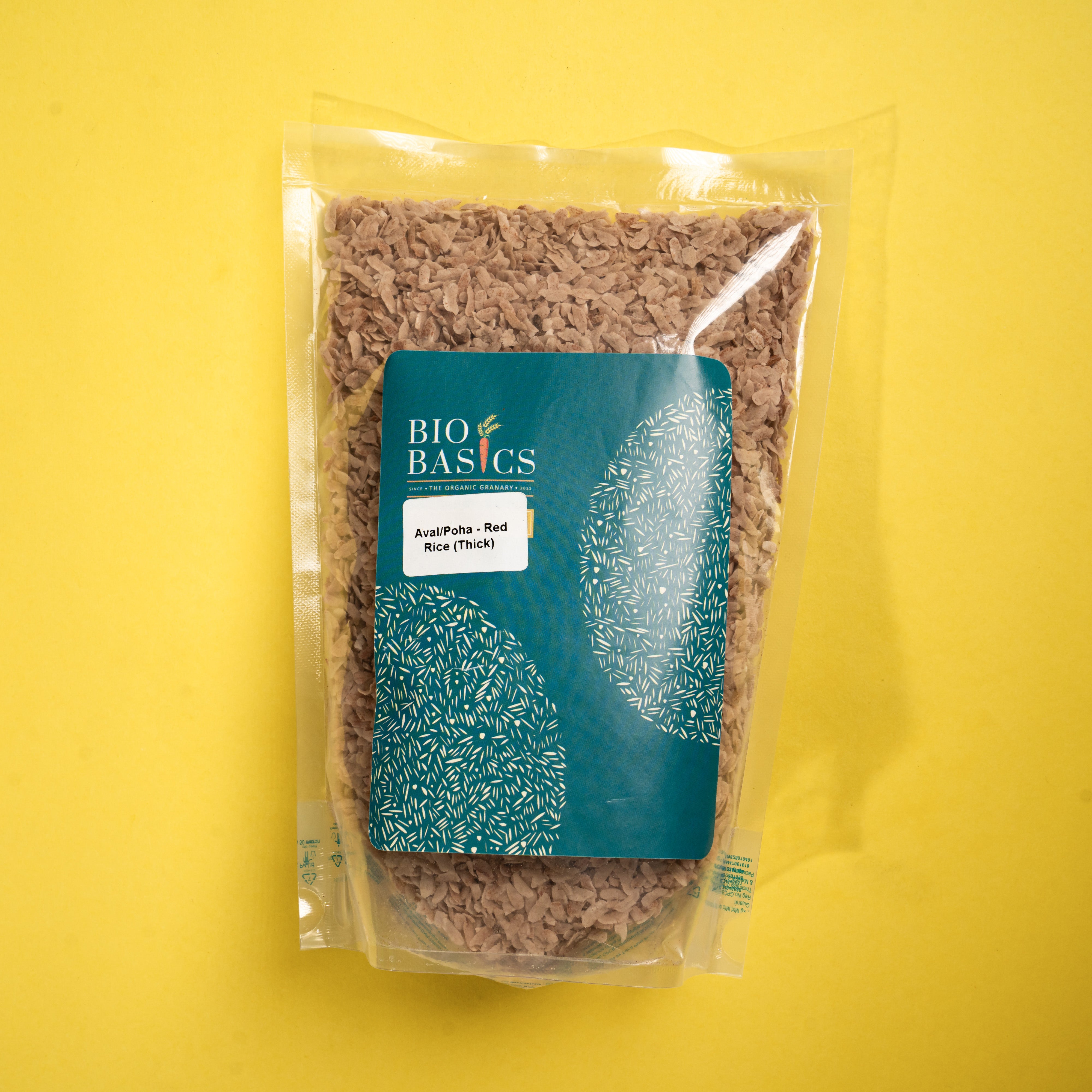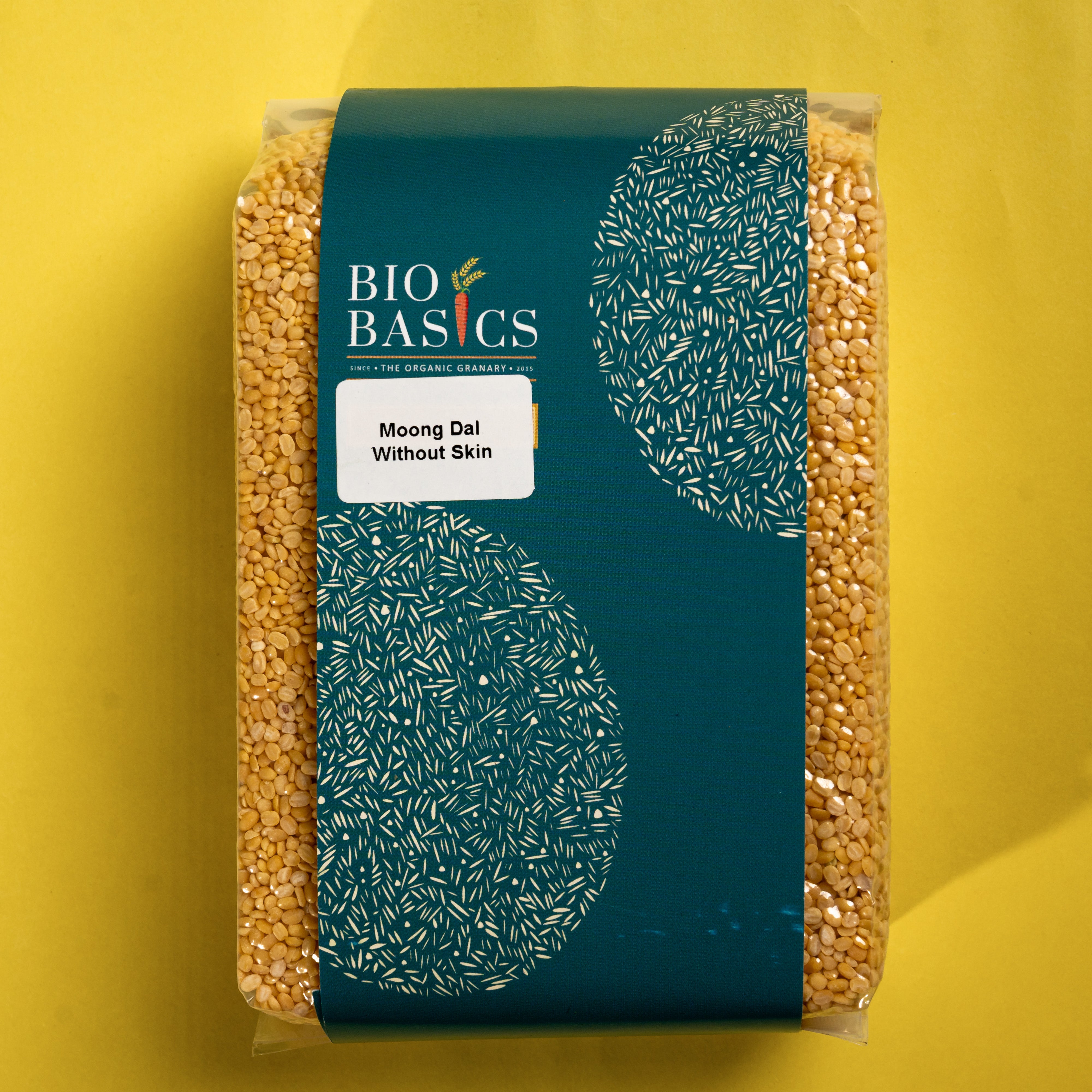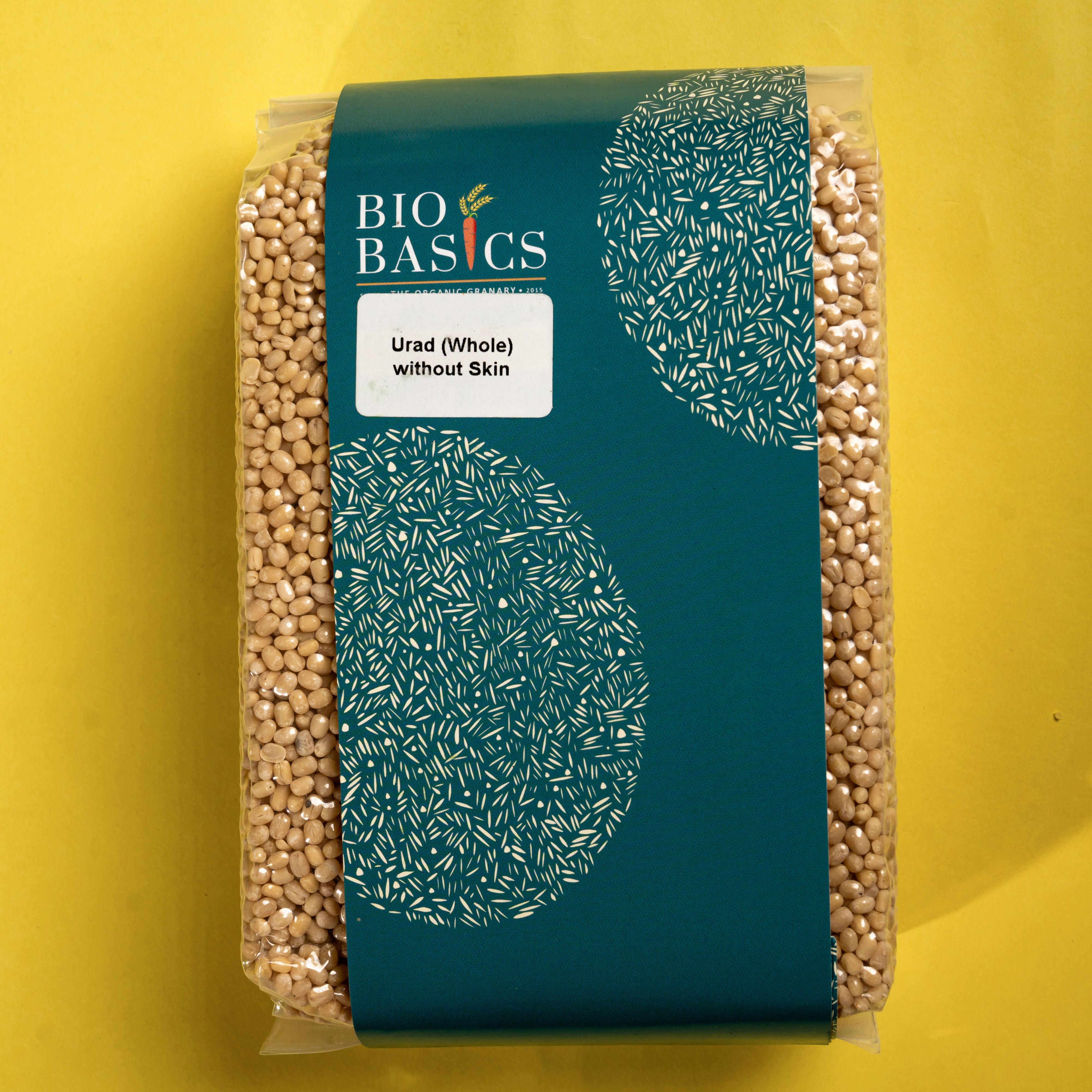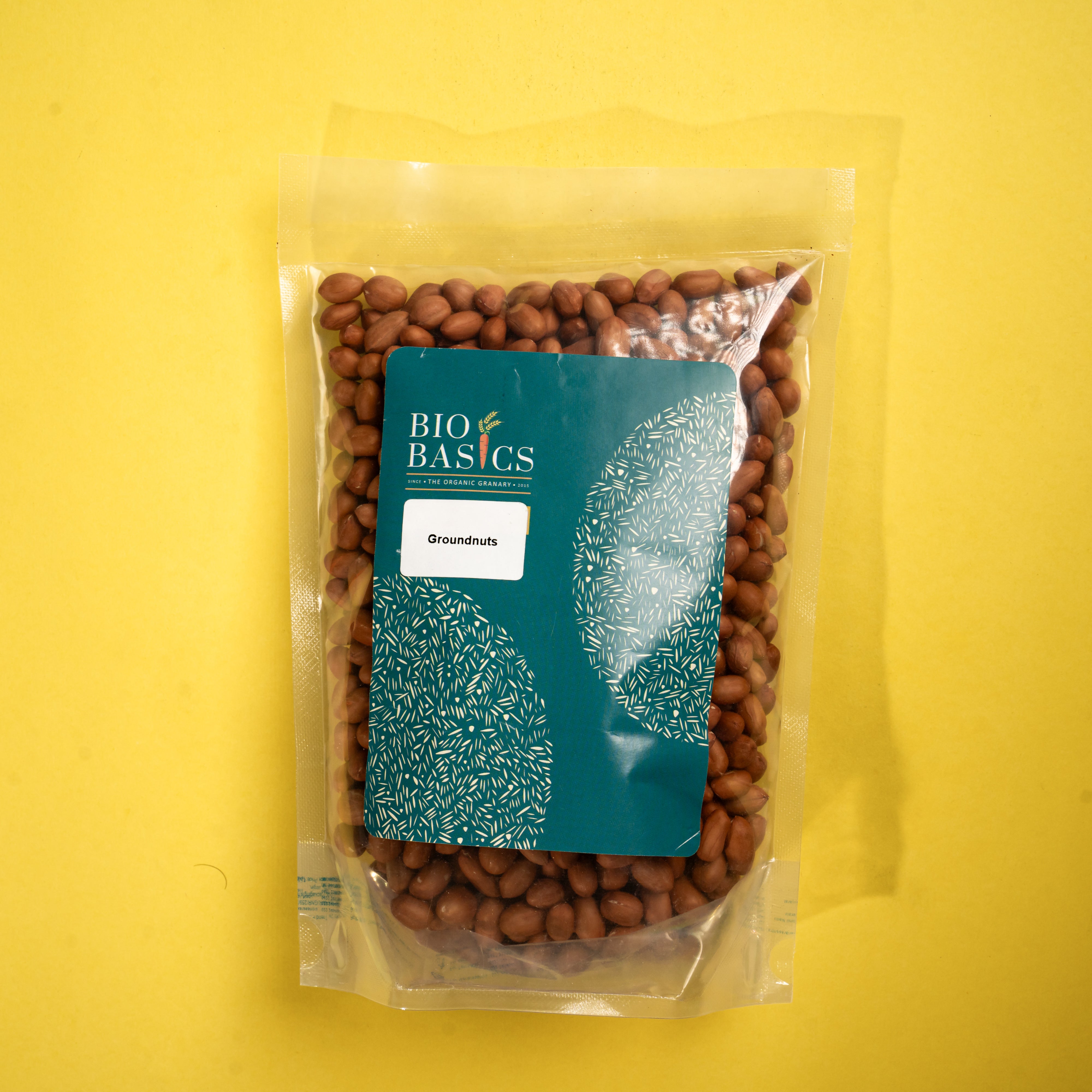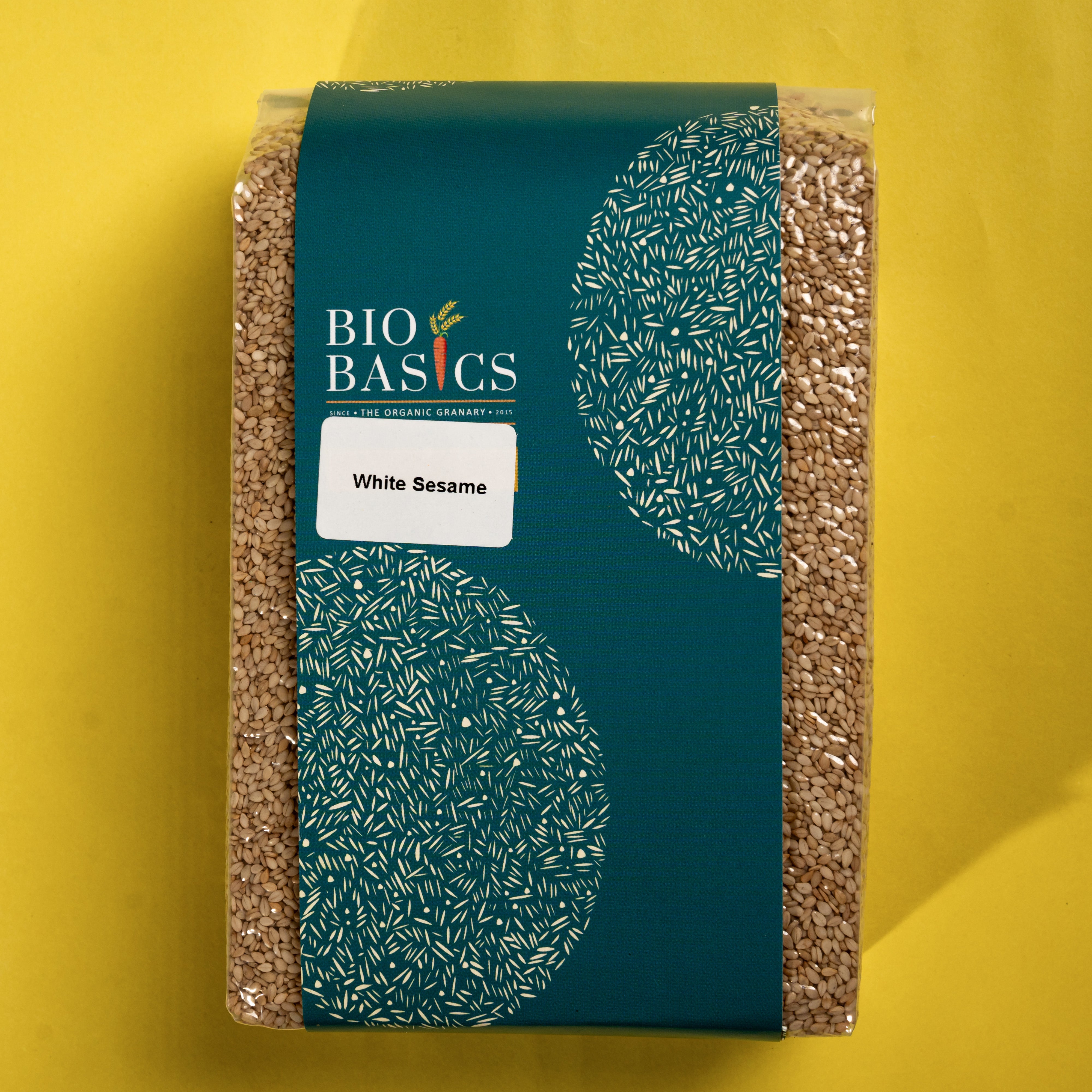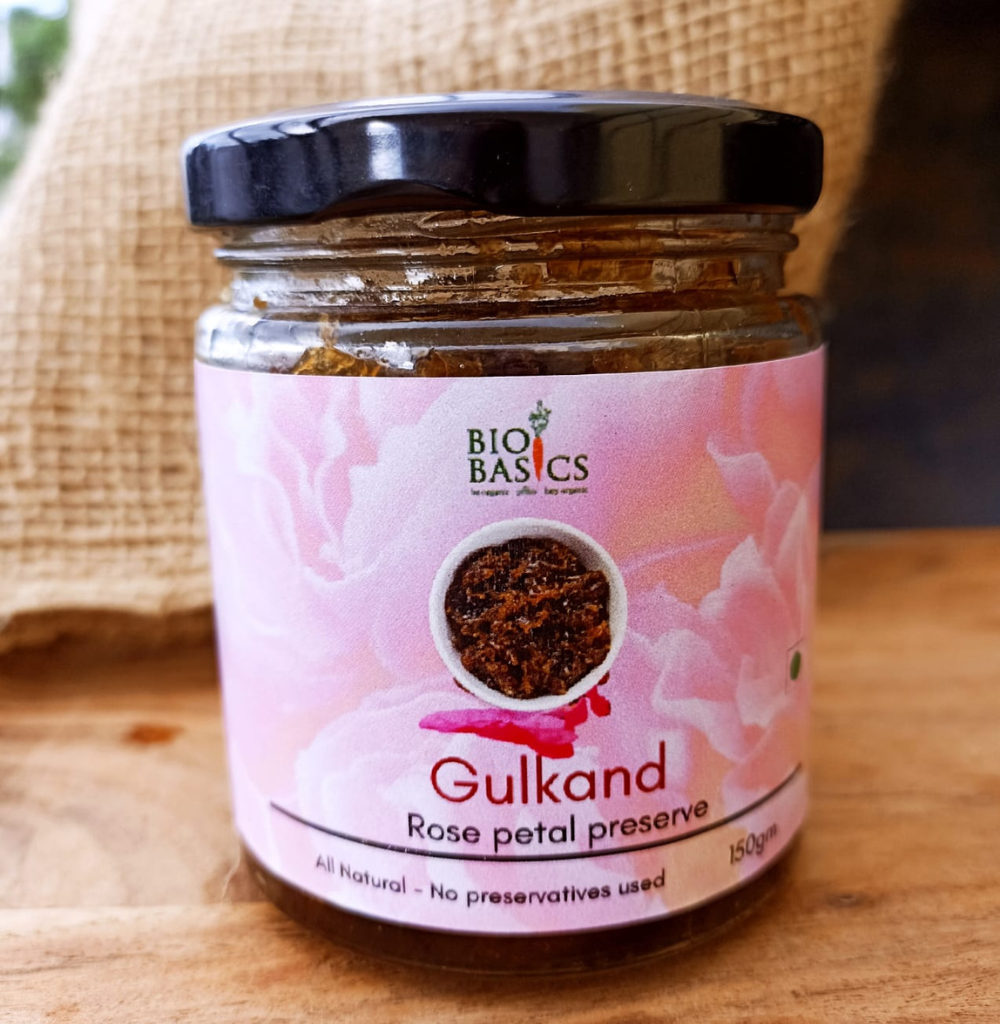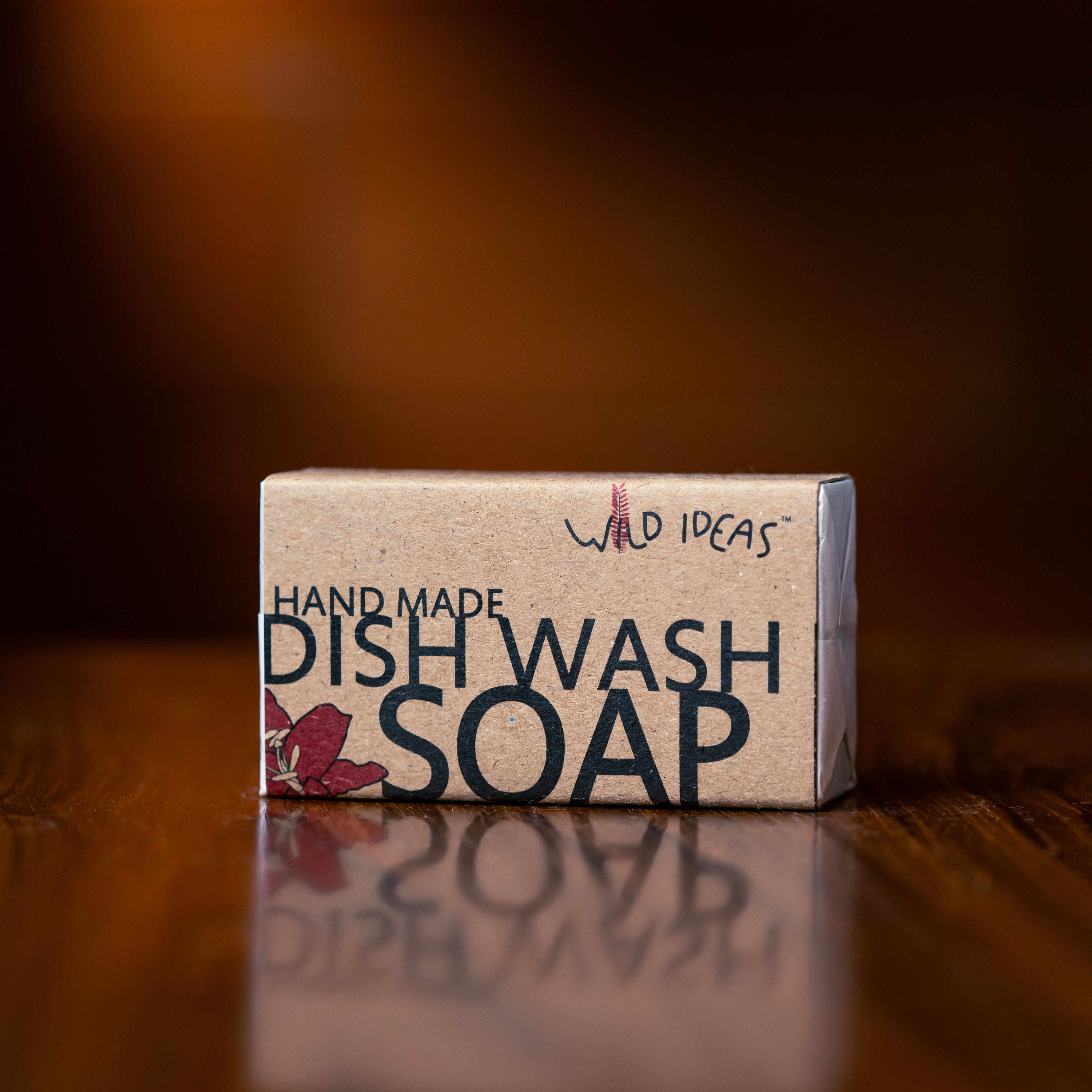Not all is good at Bio Basics. That is an honest and frank statement.
Coming from the Founder. Take that as an admission.
What is not good?
Packaging. Not the design and creative elements. But the sustainability of it.If any of you have better ideas, please do comment.
Here is where we are on Packaging:

Fresh Produce for local Coimbatore families goes in brown paper bags. Exception: butter paper for certain veggies (cut ash gourd, pumpkins, etc.). Secondary packaging for home delivery: brown carry bag. So essentially, all paper, all biodegradable. So far so good.
Grocery is where it gets complicated:
All grains (rice, millets, pulses) go in 3 forms:Paper pouches for local distribution in Coimbatore Cloth bags for those eco-friendly families. Vacuum packed grains in unprinted plastic pouches for those seeking longer life (including retail stores).
All oils go in plastic bottles. Stored in steel containers at Bio Basics. Expected to be stored in glass/metal containers in homes. So plastic is meant only for transportation.

All spices, flours and others (dry fruits, poha/aval, rava, etc.) go in unprinted plastic pouches, because that is how it keeps best Special items go in glass bottles Secondary packaging is cardboard cartons to reach 2000+ pincodes across India/abroad.
So what’s the problem?
The plastic problem: Families fret when they see so much plastic in their Bio Basics carton. We are so sorry about that! But sadly, there is no other viable option. Plastic (three layer laminated food grade) has extremely good barrier properties, which prevent air/moisture from entering the packet, thereby preventing infestation or spoilage over a long period.
Some families insist on plastic, because they live in high-humidity cities. And most families love to keep organic groceries in the fridge for a longer shelf life. And plastic is fridge-friendly compared to cloth or paper.

This variety of plastic we use is fairly recyclable. Other brands go for attractive Gravure Printing, which is not only expensive (high capex and opex), but also renders the plastic more difficult to recycle. Hence the Bio Basics unprinted plastic pouches with paper stickers/labels/sleeves for branding, information, compliance, etc.
Single layer plastic is easy to recycle (our waste-picking Anna used to love it!), but it has poor barrier properties. So it lost out to 3-layer laminated plastic (on account of longer shelf life) on one hand, and to paper (on account of sustainability) on the other.

Cloth: Some families ask for cloth packaging, especially while gifting, or when they are very anti-plastic. They pay extra for the packaging, and are willing to take the trouble to manage these grains, by either transferring them to their home containers (metal or glass) or resorting to keeping it in the fridge. Some even send the cleaned cloth bags back to us for reuse! Kudos to them! But some get back reporting infestation, when they have not taken care of the grains well. So cloth is risky, but definitely sustainable.

Paper: It is indeed a sustainable option in that it is biodegradable and recyclable. But the manufacture of paper pouches may not be that sustainable. And they tear while during transportation over long distances. So a bit risky, again.
Glass: Looks good and seems sustainable. But recycling is a challenge today, at least in India.
So you see, packaging is a problem, one way or another.
But keep in mind that this is only a problem if the food is organic.
Brands selling non-organic food are chemical-happy. They use chemicals for growing food, processing food and for storing food. So any packaging is ok.
Some brands also tend to greenwash (or shall we say brownwash!) by choosing packaging that looks like paper from the outside. But look carefully, you will find plastic coating inside! And that mix of plastic and paper is notorious for poor recycling. One of the reasons we have stayed away from such packaging.
Nine years since inception, we are still learning about the nuances, and seeking more sustainable ways of packaging. Helping families catch up with this understanding, and not just go with the brown paper look or the premium glass look. So they can partner with Bio Basics to make all our lives more sustainable.
Coming to think of it. All this packaging is needed in the first place, because we have alienated ourselves from the point of production, the farms and the farmers. So perhaps, it is not the packaging that is unsustainable, but our very lives! Think about it.
